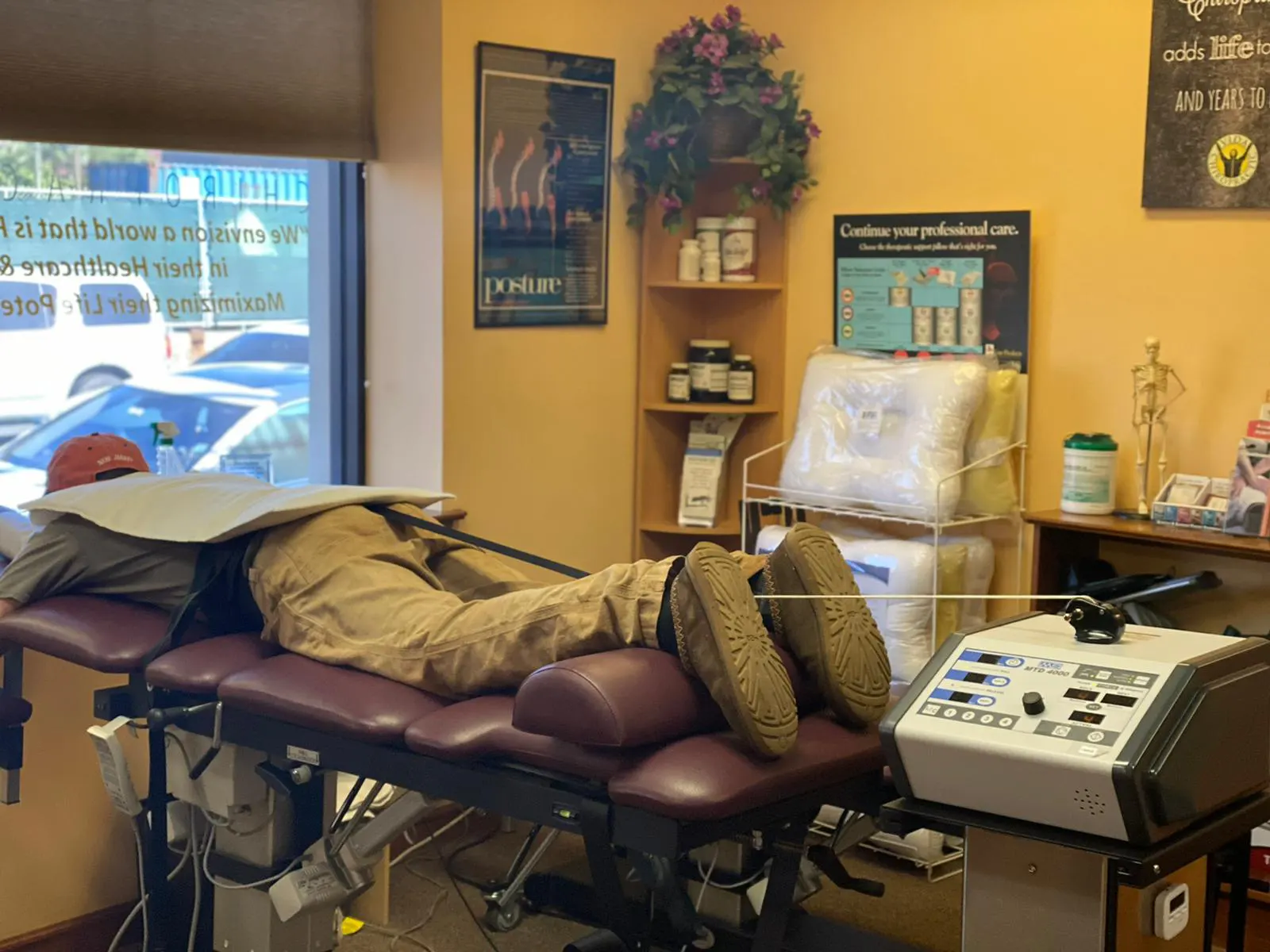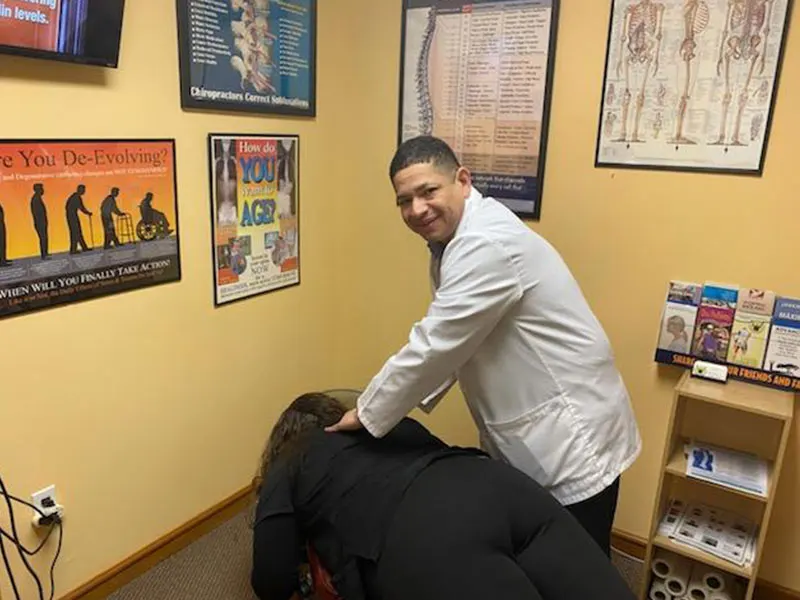We Treat Falling Apart Syndrome (FAS): Understanding the Signs and Seeking Help

What is Falling Apart Syndrome (FAS)?
Falling Apart Syndrome refers to a state where individuals feel like their life is falling into chaos, often due to high levels of stress or emotional strain. It’s a catch-all term that captures the feeling of being overwhelmed, struggling with multiple aspects of life, and experiencing a decline in overall well-being. This syndrome can affect anyone, regardless of age or background, and often manifests through a combination of emotional, physical, and mental symptoms.
Signs and Symptoms
Recognizing the signs of FAS can be the first step toward seeking help and making positive changes. Common symptoms include:
- Emotional Exhaustion: Persistent feelings of fatigue, irritability, and a sense of being emotionally drained.
- Overwhelming Stress: Difficulty managing daily tasks, increased anxiety, and feeling like you’re constantly under pressure.
- Physical Symptoms: Experiencing frequent headaches, gastrointestinal issues, sleep disturbances, or unexplained aches and pains.
- Cognitive Decline: Trouble concentrating, memory issues, and a sense of mental fog or confusion.
- Social Withdrawal: Avoiding social interactions, feeling disconnected from friends and family, or experiencing difficulty in maintaining relationships.
- Decline in Performance: Noticing a drop in work or academic performance, struggling to meet deadlines, and feeling less productive or motivated.
- Negative Self-Perception: Increased self-doubt, feelings of inadequacy, and a harsh inner critic.
Causes of Falling Apart Syndrome
Several factors can contribute to the development of FAS, including:
- Chronic Stress: Prolonged exposure to stressors, whether from work, personal life, or external pressures, can overwhelm the body and mind.
- Burnout: Continuous overworking without adequate rest or support can lead to emotional and physical exhaustion.
- Life Transitions: Major life changes, such as moving, job loss, or relationship issues, can trigger feelings of instability and distress.
- Mental Health Conditions: Conditions such as anxiety, depression, or unresolved trauma can exacerbate feelings of being overwhelmed.
Strategies for Managing and Overcoming FAS
Addressing Falling Apart Syndrome involves a multifaceted approach to restore balance and well-being. Here are some strategies to consider:
- Seek Professional Help: Consulting with a mental health professional can provide guidance and support. Therapy or counseling can help address underlying issues and develop coping strategies.
- Practice Self-Care: Prioritize self-care activities such as exercise, healthy eating, adequate sleep, and relaxation techniques to support overall well-being.
- Set Boundaries: Learn to set boundaries and manage your workload effectively. Avoid taking on more than you can handle and learn to say no when necessary.
- Build a Support Network: Reach out to friends, family, or support groups to share your feelings and receive emotional support.
- Develop Coping Skills: Explore stress management techniques such as mindfulness, meditation, or deep breathing exercises to help manage anxiety and stress.
- Establish Routine: Create a daily routine that includes time for relaxation, hobbies, and activities that bring you joy and fulfillment.
When to Seek Help
If you find that symptoms of FAS are significantly impacting your daily life, relationships, or overall functioning, it’s important to seek professional help. Mental health professionals can provide a comprehensive assessment, offer support, and help you develop a personalized plan to address the underlying causes and improve your quality of life.
Falling Apart Syndrome (FAS) is a term that captures the experience of feeling overwhelmed and out of control due to various life pressures. Recognizing the signs and seeking appropriate support is crucial for managing and overcoming this challenging experience. By taking proactive steps, reaching out for help, and implementing effective coping strategies, you can work towards regaining balance and restoring well-being in your life.
If you’re struggling with symptoms of FAS or need support, don’t hesitate to reach out to a mental health professional at Vida Chiropractic. You don’t have to face this alone—help is available to guide you through this difficult time and towards a healthier, more stable future.


















